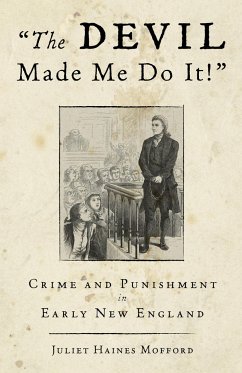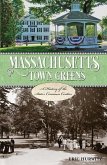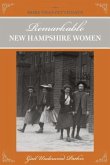Whether it was Sabbath-breaking, blasphemy, or public drunkenness, colonial laws were strict and frequently broken, and those who broke them could expect swift punishment. Laws were designed to reflect Puritan ideas of ensuring God's blessings upon the community, as well as to tightly maintain order in ways that would benefit the entire colony. Each neighbor had a role in preserving family values and keeping the community safe from "railing scolds," vagabonds, malefactors, and malefic witches. Some of the ways that seventeenth- and early eighteenth-century New England communities dealt with murder and mayhem seem brutal to modern sensibilities. Today, Joan Andrews would not be forced to wear a T for theft upon her bodice for placing stones in the firkin of butter she sold a client. A husband and wife experiencing marital discord would never be locked side by side in the village square beneath a sign reading quarrelsome couple. And Lydea Abbot would certainly not be made to suffer in the stocks for "uttering ten profain curses." Drawing from early court dockets, diaries, sermons, gaolers' records, and other primary sources, the chapters in this book investigate crimes like these and illuminate the social and political causes behind legal cases from a time when accused felons often pleaded in their own defense: "The Devil made me do it!"
Hinweis: Dieser Artikel kann nur an eine deutsche Lieferadresse ausgeliefert werden.
Hinweis: Dieser Artikel kann nur an eine deutsche Lieferadresse ausgeliefert werden.








